Korean firms prep for new TP decree
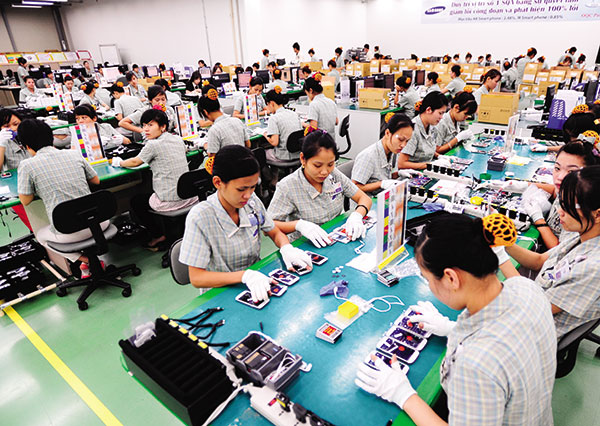 |
| Korean firms try to avoid double taxation while staying compliant Photo: Le Toan |
Accounting for approximately 26 per cent of all foreign direct investment (FDI) in Vietnam last year, Korean investment – which started in the 1990s – has transitioned from labour-intensive manufacturing to high value-added sectors such as power, real estate, and retail.
According to Ha Do, senior partner at KPMG in Vietnam, Korean investors are starting to pay greater attention to tax regulations with regards to corporate income tax (CIT), and are increasingly concerned about investment incentives and the health of the economic environment.
Korean subsidiaries and multinationals investing in Vietnam, whose transactions are often under scrutiny from the tax authorities when it comes to transfer pricing (TP) arrangements, are familiarising themselves with the details of Decree No.20/2017/ND-CP, which provides guidance on transfer pricing management of intra-group service charges, interest, payments for intangibles, and capital expenditures, among other transactions.
“Along with the increased FDI, there is a rise in two-way trade, which naturally creates related-party transactions between the parent companies, affiliates, and subsidiaries. Determining appropriate arm’s length transfer prices of these transactions for tax purposes will not just be the job of the businesses themselves, but also the tax authorities in both jurisdictions,” said Hoang Thuy Duong, partner in charge of Integrated International Tax at KPMG in Vietnam, on the sidelines of a briefing on TP and customs for Korean businesses in Vietnam in early September.
Duong pointed out new TP reporting and documentation requirements, which are now more complex and in line with the Organisation for Economic Co-operation and Development’s (OECD) recommendations against base erosion and profit shifting (BEPS). A TP documentation package, which should now include a master file, local file, and a country-by-country report, is to be prepared before Vietnam’s annual CIT finalisation deadline. Should a TP audit be required, such a package is to be submitted within 15 working days upon request by the tax authorities.
Jung Goo Kang, vice president of the electronics and technology firm Elentec Co., Ltd. – which owns subsidiaries in Hanoi and Ho Chi Minh City and is a main supplier for Samsung Vietnam – has experience in logging both Korean and Vietnamese TP audits. He told VIR that while the transfer pricing rules are the same in theory, the local regulations are more complicated in the sense that tax authorities in different countries do not follow the guidelines in precisely the same way.
“Many of our Korean clients in Vietnam are concerned about double taxation and the uncertainty that follows due to differing views and audit practices maintained by the Vietnamese and Korean tax authorities,” said Seung Mok Baek, a partner specialising in TP at KPMG in South Korea. “TP audits conducted in Vietnam recently have been quite aggressive, and in many cases huge amounts of additional taxes were due as a result of these audits.”
“Korean firms experienced difficulties in solving double taxation issues through the Vietnamese local appeals process and Vietnam-Korea mutual agreement procedures (MAP) – mainly used as an international ‘appeals’ process for the relief of double taxation occurring due to TP adjustments in recent years in the contracting states,” Baek added.
In the opinion of Gil Won Kang, partner in charge of Global Transfer Pricing Services at KPMG in South Korea, since the introduction of BEPS, Korean firms in Vietnam are increasingly concerned about double taxation following TP tax audits. It is his hope that the Vietnamese tax authorities will take the concerns of foreign investors seriously through implementation of an APA (Advance Pricing Agreement, mainly used as a proactive measure to eliminate uncertainties regarding TP in future tax years) and MAP procedures.
“As the new regulations have only come into force in 2017, it might take some time for the capacity building of tax officers. This is a complicated matter,” Duong added.
What the stars mean:
★ Poor ★ ★ Promising ★★★ Good ★★★★ Very good ★★★★★ Exceptional
Latest News
More News
- Global tax shift forces inevitable adjustment (October 12, 2023 | 11:00)
- Empowering female leaders in tech: insights and aspirations shared at KPMG Tech Innovator 2023 (September 27, 2023 | 18:00)
- Vietnam’s impressive vision for a cleaner energy future (September 12, 2023 | 14:20)
- KPMG tech innovator contest unveils top 6 finalists (July 19, 2023 | 16:32)
- Decoding preferences of investors in tech startups (June 26, 2023 | 13:40)
- KPMG propels private enterprises in Vietnam towards sustainable excellence (June 26, 2023 | 08:00)
- Fundraising challenges must be navigated in uncertain M&A market (June 20, 2023 | 17:00)
- Valuable guidance for operating in Vietnam (June 15, 2023 | 17:14)
- Responding to the changes in the startup environment (June 05, 2023 | 14:19)
- ESG-centric businesses set to gain plaudits for long-term vision (May 04, 2023 | 11:00)

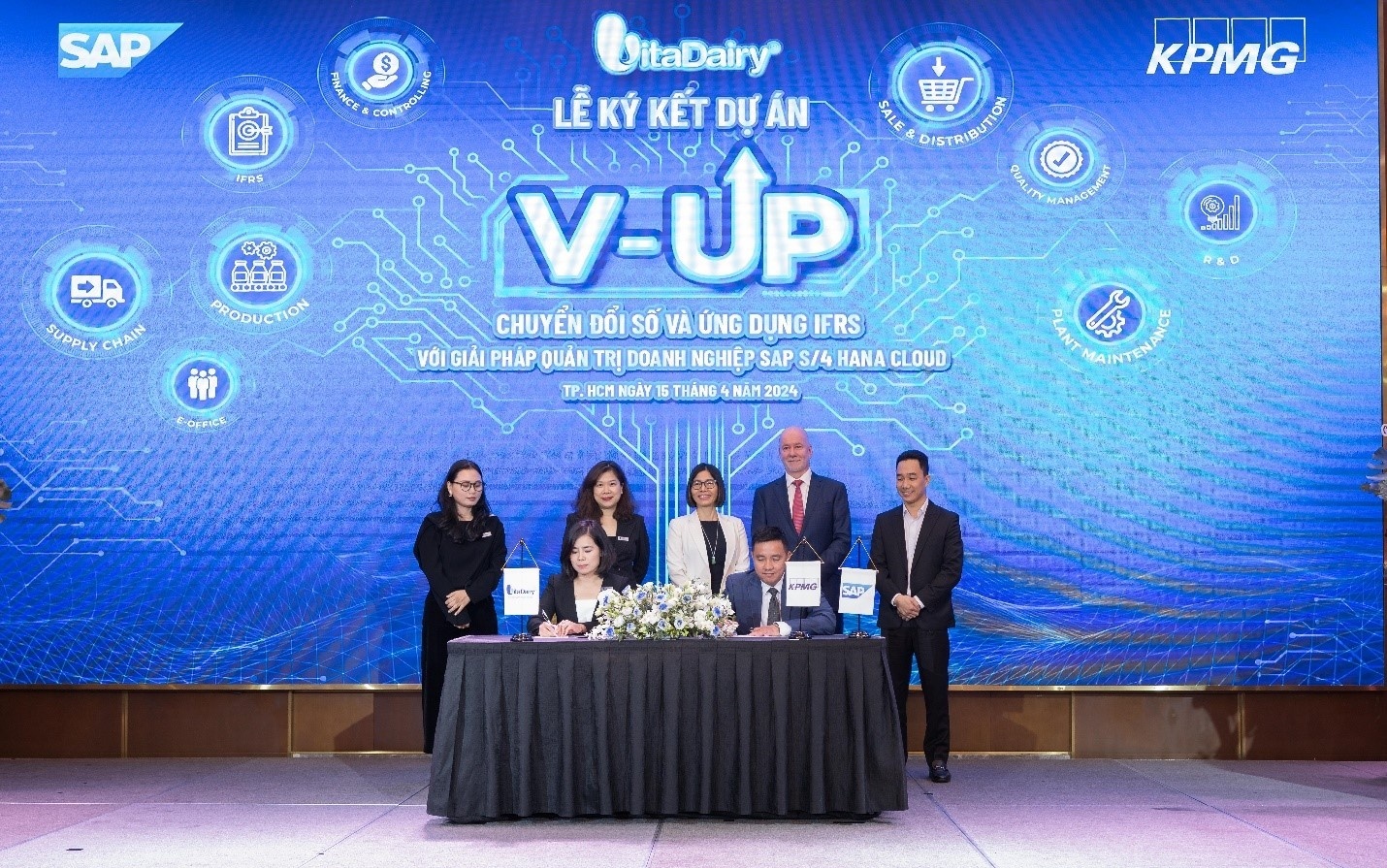



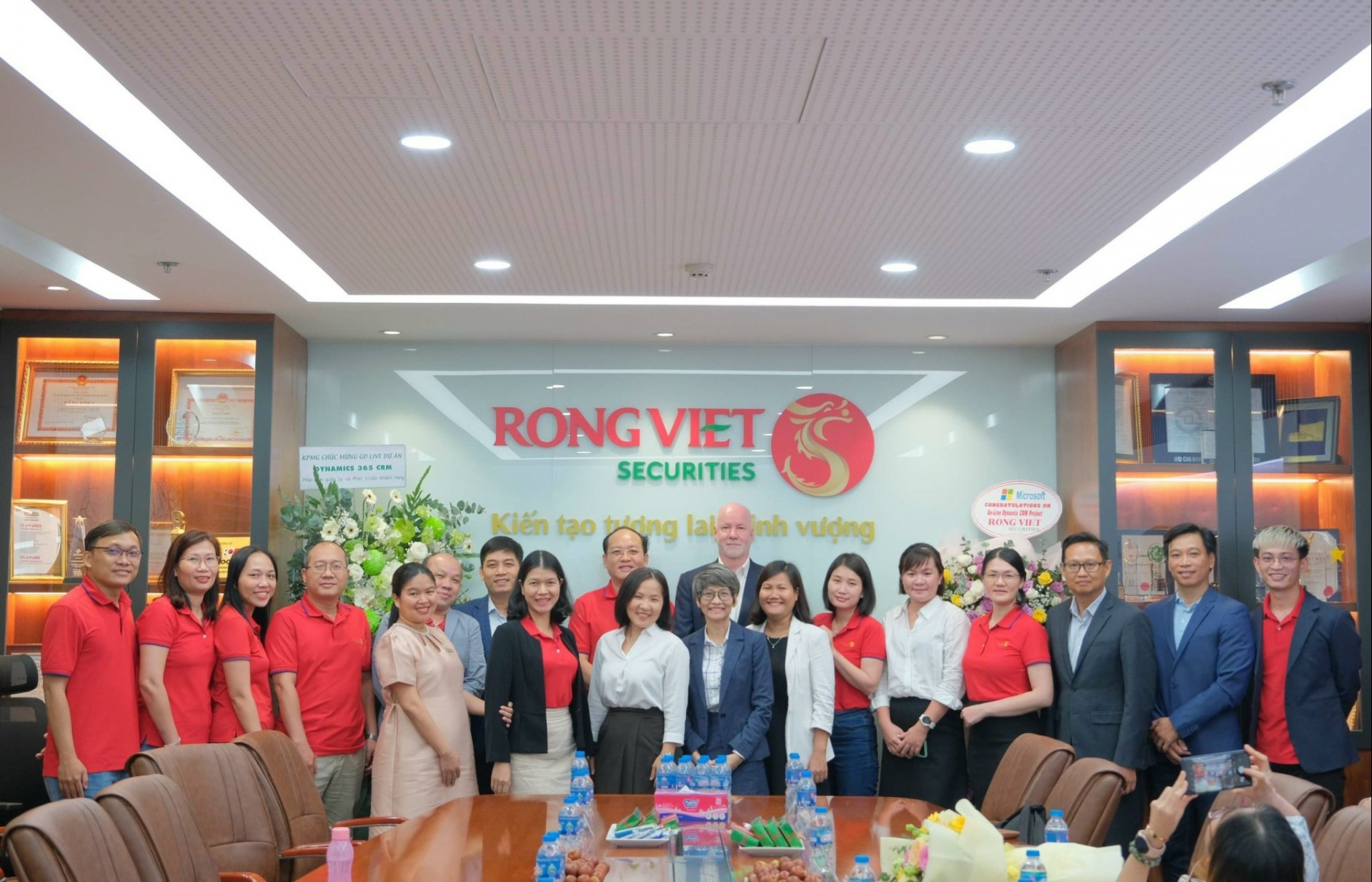
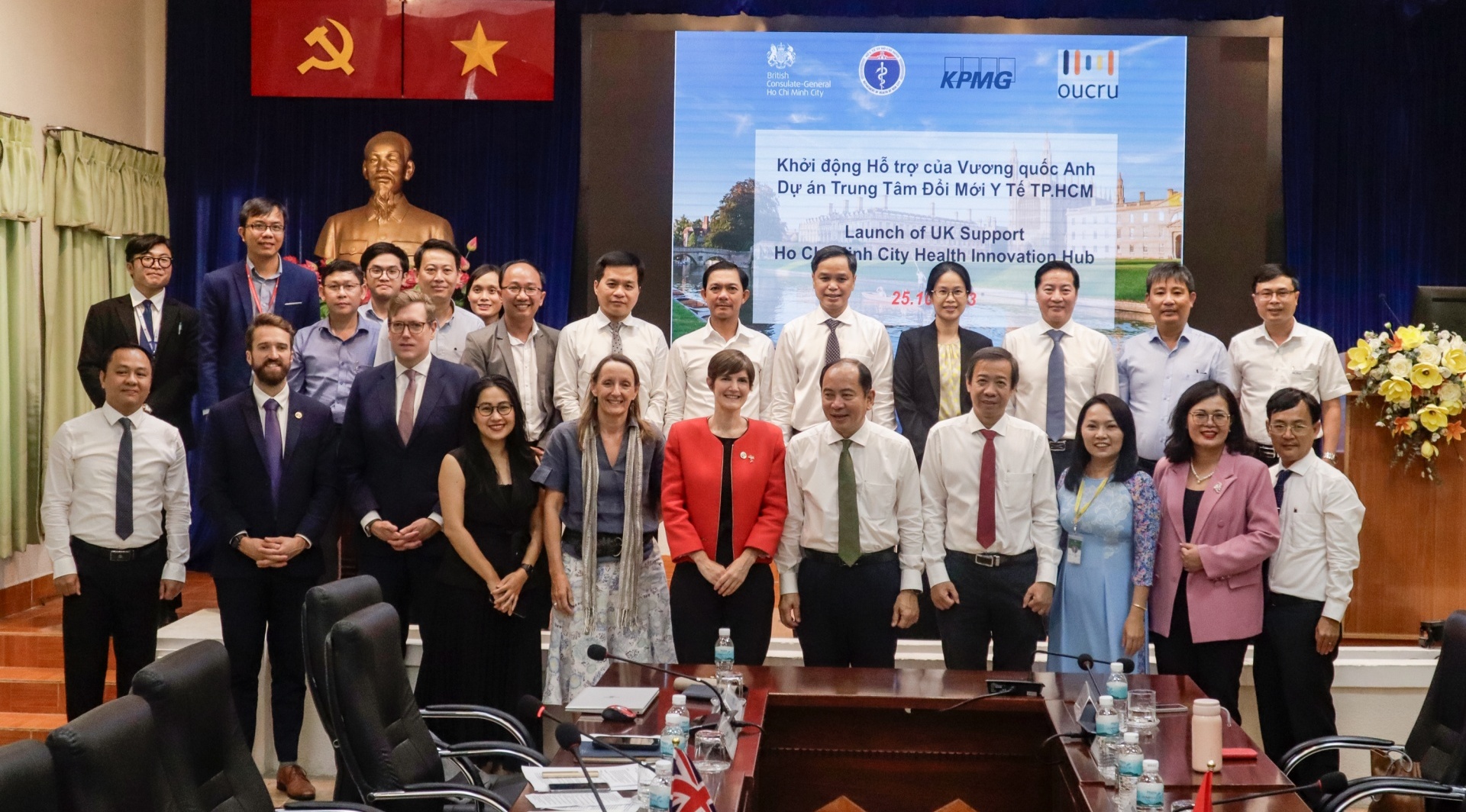





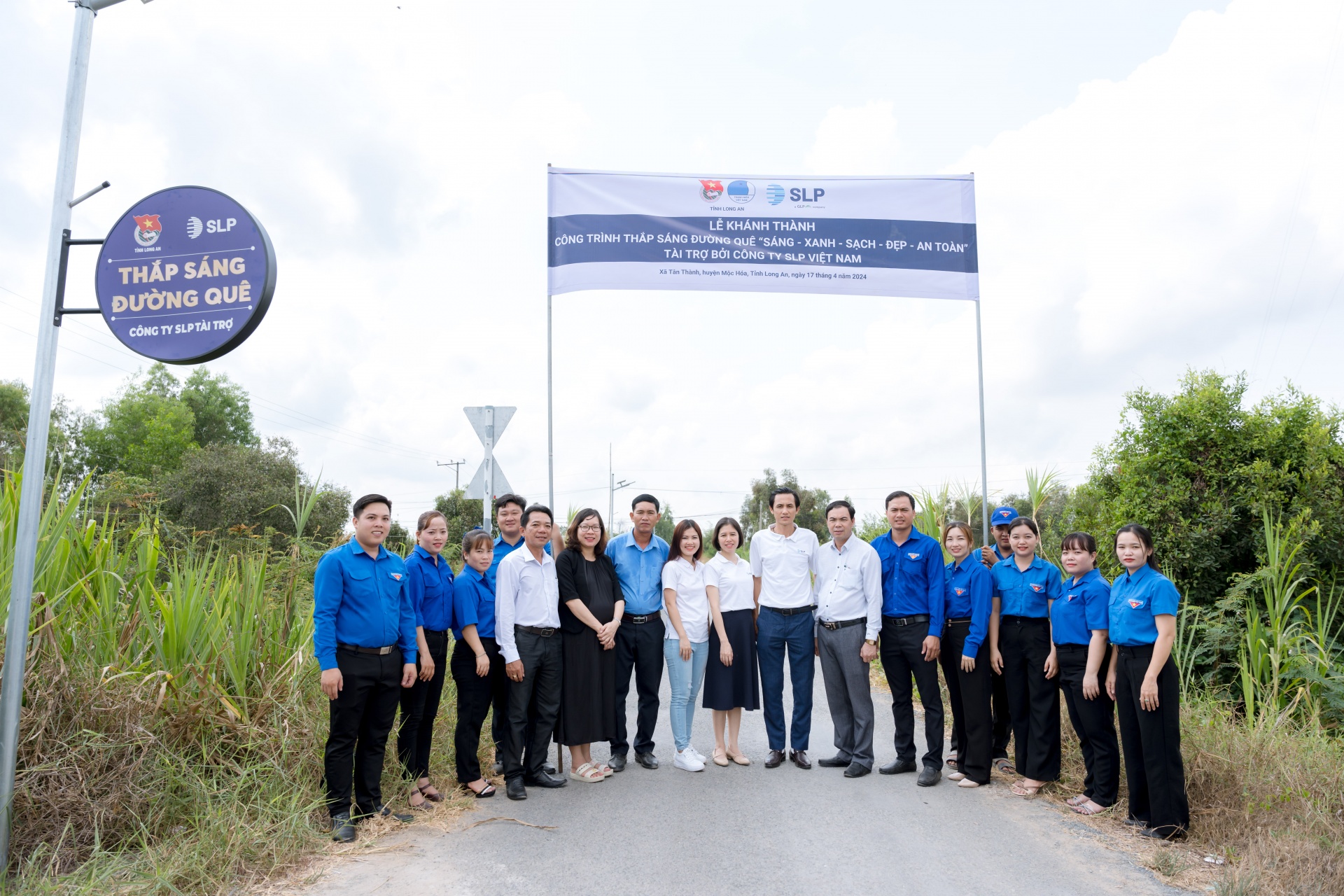



 Mobile Version
Mobile Version